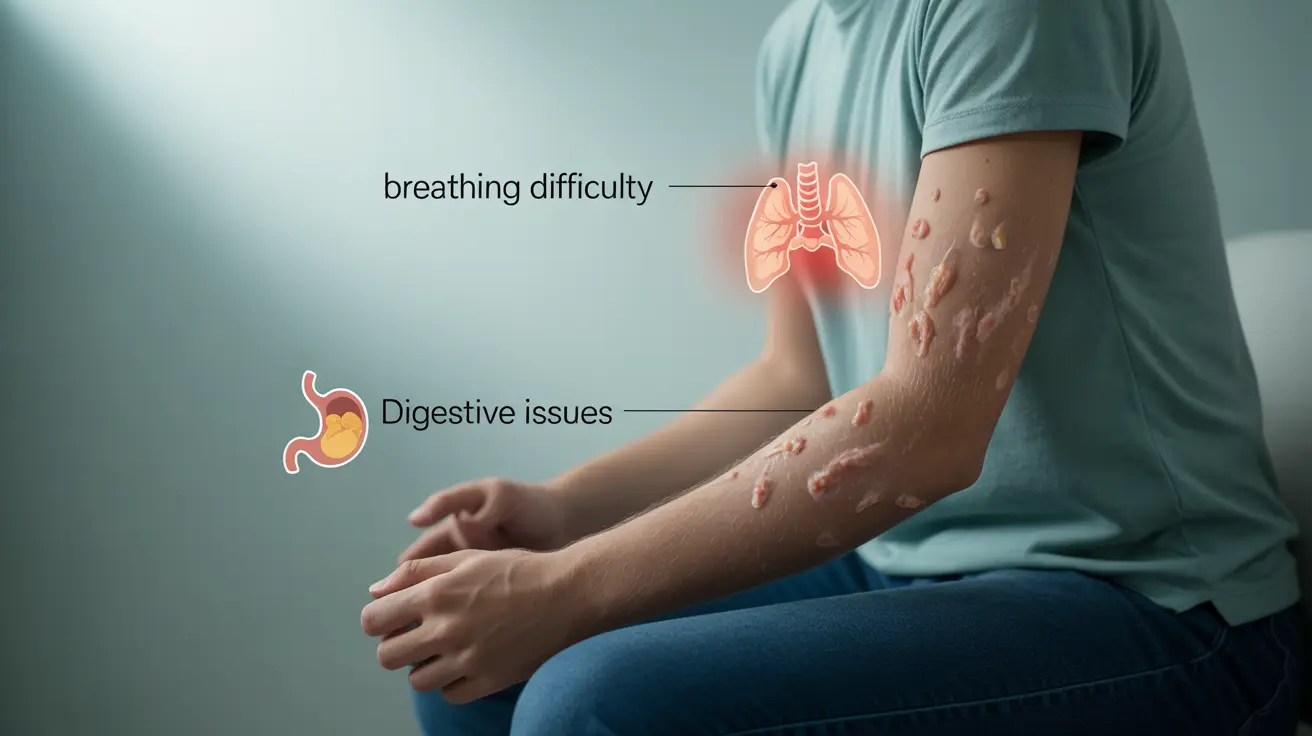Living with a tea allergy can be challenging, especially given tea's widespread popularity as a beverage. While true tea allergies are relatively rare, they can cause serious reactions that require immediate attention and proper management. Understanding the symptoms, causes, and available treatment options is crucial for anyone who suspects they might be allergic to tea.
This comprehensive guide will explore everything you need to know about tea allergies, from identifying symptoms to finding safe alternatives. Whether you're experiencing mild discomfort or concerned about more severe reactions, we'll help you understand this condition and make informed decisions about your health.
Understanding Tea Allergies vs. Sensitivities
Tea allergies and sensitivities are distinct conditions that can cause different reactions in the body. A true tea allergy involves an immune system response to proteins found in tea leaves, while sensitivity typically results in milder symptoms and doesn't trigger the same immune reaction.
Common symptoms of tea sensitivity may include mild digestive issues or headaches, while allergic reactions can be more severe and immediate. Understanding this difference is crucial for proper diagnosis and treatment.
Common Symptoms of Tea Allergies
Tea allergies can manifest through various symptoms, ranging from mild to severe:
- Skin reactions (hives, rashes, or itching)
- Respiratory issues (wheezing, coughing, or difficulty breathing)
- Digestive problems (nausea, vomiting, or diarrhea)
- Facial swelling, particularly around the mouth and throat
- Anaphylaxis in severe cases
Types of Tea That Can Trigger Allergic Reactions
Different types of tea can potentially cause allergic reactions, including:
- Black tea
- Green tea
- White tea
- Oolong tea
- Herbal teas (though these aren't true teas)
It's important to note that some people may be allergic to specific types of tea while tolerating others, as the protein content and processing methods can vary.
Diagnosis and Testing
Diagnosing a tea allergy typically involves several approaches:
- Skin prick tests
- Blood tests for specific antibodies
- Oral food challenges under medical supervision
- Detailed medical history analysis
Working with an allergist is essential for accurate diagnosis and appropriate treatment recommendations.
Managing Tea Allergies
Immediate Response to Severe Reactions
If experiencing severe allergic reactions:
- Use prescribed epinephrine auto-injector if available
- Seek immediate medical attention
- Call emergency services
- Document the reaction for future medical consultation
Prevention and Alternative Beverages
Several safe alternatives exist for those with tea allergies:
- Caffeine-free herbal infusions (if not allergic to specific herbs)
- Fruit-based beverages
- Roasted grain beverages
- Water with natural flavorings
Frequently Asked Questions
What are the common symptoms of a tea allergy and how do they differ from tea sensitivity?
Tea allergy symptoms include immediate reactions like hives, difficulty breathing, and potential anaphylaxis. Tea sensitivity typically causes milder symptoms like headaches or digestive issues that develop more gradually and don't involve the immune system.
Can drinking different types of tea, like green or black tea, cause allergic reactions?
Yes, any true tea (from the Camellia sinensis plant) can potentially cause allergic reactions. Some individuals may react to certain types of tea while tolerating others, depending on their specific allergy triggers.
How is a tea allergy diagnosed and what tests are used to confirm it?
Tea allergies are diagnosed through a combination of skin prick tests, blood tests for specific IgE antibodies, and supervised oral food challenges. A detailed medical history is also crucial for accurate diagnosis.
What should I do if I experience a severe allergic reaction, such as anaphylaxis, after drinking tea?
Use an epinephrine auto-injector if prescribed, call emergency services immediately, and seek urgent medical care. After the episode, follow up with an allergist to create a management plan.
Are there safe alternatives or management strategies for people allergic to tea?
Yes, alternatives include herbal infusions (if not allergic), fruit-based beverages, and roasted grain drinks. Management strategies include careful label reading, carrying emergency medication if prescribed, and working with healthcare providers to develop a comprehensive treatment plan.




